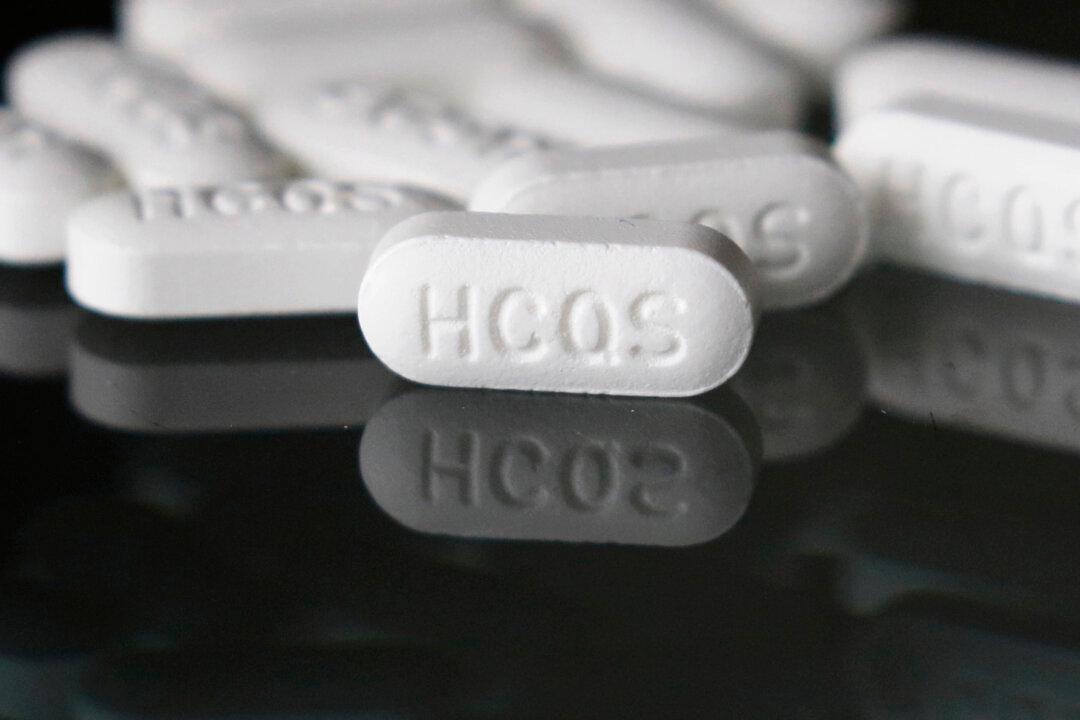The anti-malarial drug hydroxychloroquine lowers the death rate of COVID-19 patients, U.S. researchers have said.
Researchers conducted a retrospective analysis of over 2,500 patients hospitalized between March 10 and May 2 in the Henry Ford Health System in Michigan. Over 2,000 of the patients were given hydroxychloroquine or the anti-malarial with azithromycin, an antibiotic.





